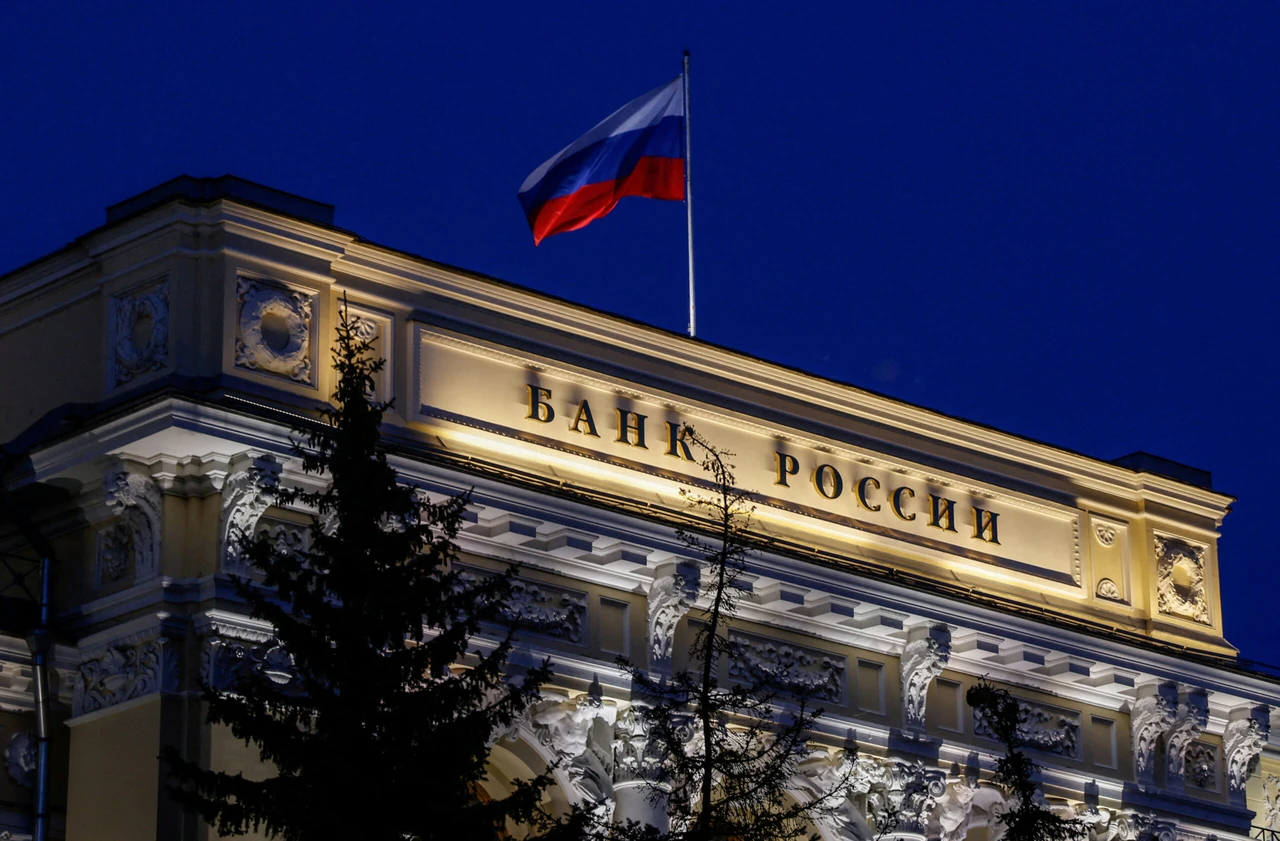Russia pivots to crypto: Countering sanctions with digital currencies
 National flag flies over the Russian Central Bank headquarters in Moscow, Russia May 27, 2022 (Reuters Photo)
National flag flies over the Russian Central Bank headquarters in Moscow, Russia May 27, 2022 (Reuters Photo)
Russian President Vladimir Putin has signed into law a significant piece of legislation that legalizes cryptocurrency mining across the country. The law will come into effect 10 days after its official publication on the government website.
Behind the scenes: This development follows a report by the Russian Central Bank in 2021 that called for a complete ban on cryptocurrencies in the country. However, the situation evolved following Western sanctions imposed after Russia’s invasion of Ukraine, leading to an increased reliance on digital currencies as an alternative to traditional financial systems.
What is cryptocurrency mining?
Cryptocurrency mining is the process by which new digital coins are generated and transactions are verified on decentralized networks like bitcoin and ethereum. This process involves using powerful computers to solve complex mathematical problems, with successful miners earning digital currency as a reward.
Why it is illegal
While some countries like the U.S., Canada, and certain parts of Europe permit cryptocurrency mining, others have banned it due to concerns over energy consumption, environmental impact, and potential use in illegal activities like money laundering. Russia’s new law legalizing mining marks a significant shift in its approach to digital currencies.
Who can mine?
- Only Russian legal entities and individual entrepreneurs registered in a special inventory will have the right to mine cryptocurrencies, the process that generates new coins and verifies transactions.
- Individuals are allowed to mine digital currencies without being included in the register, provided they do not exceed energy consumption limits set by the government.
Anti-money laundering measures: The law includes specific provisions designed to prevent the use of digital currencies for money laundering.
Cryptocurrencies in international payments
- Putin also signed a law that legalizes the experimental use of cryptocurrencies for international payments and forex transactions.
- The Russian government will determine which individuals and companies can participate in this experimental use, ensuring that they do not exceed the specified energy consumption limits.
Russian Central Bank’s role
- Elvira Nabiullina, governor of the Russian Central Bank, stated on July 30 that the use of cryptocurrencies for international payments could begin by the end of the year.
- Russian Central Bank will closely monitor the process of using cryptocurrencies for these transactions to ensure compliance and effectiveness.
Ban on drug advertisements
- Putin also signed into law a ban on drug advertisements on the internet and in the media.
- Another bill signed authorizes the recognition of organizations whose founders are foreign government agencies as undesirable in Russia.



